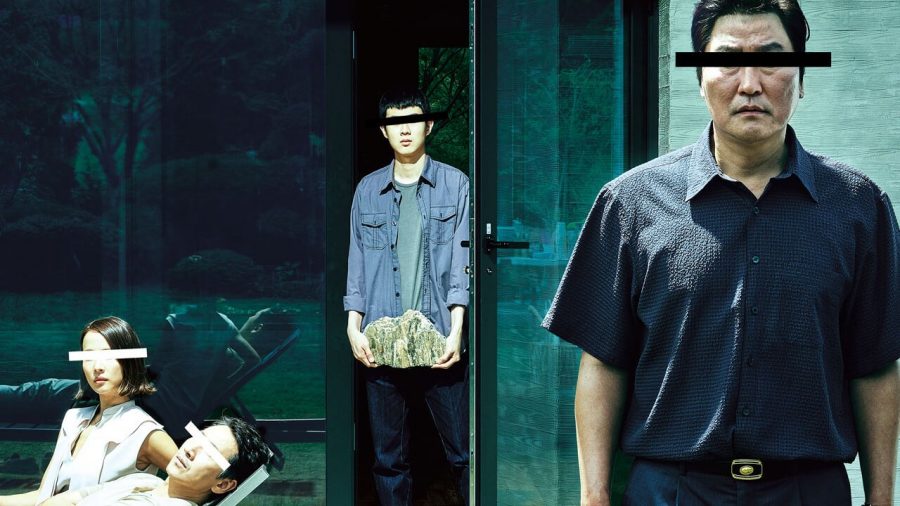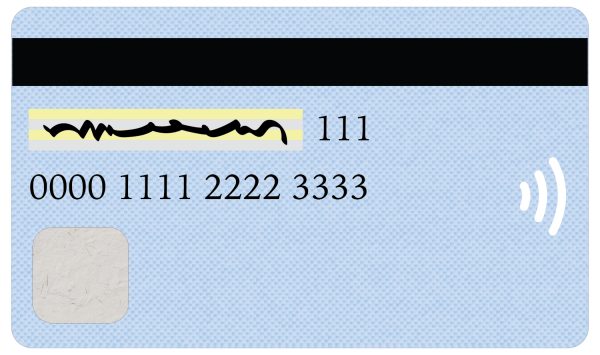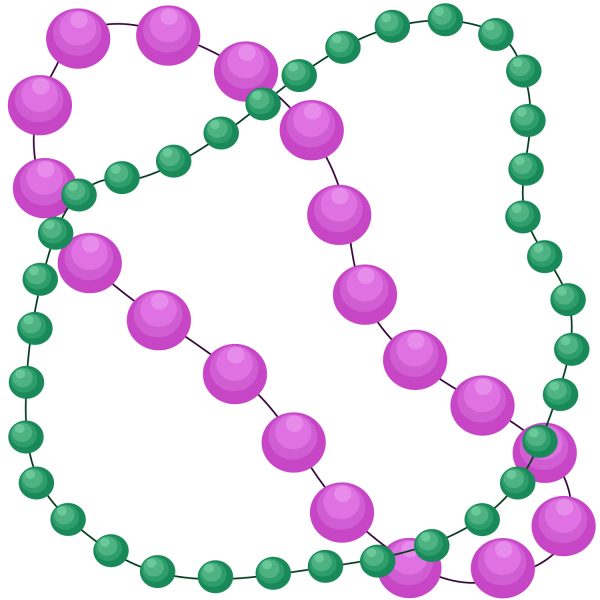Parasite Movie Review: A Moral Discussion
“Parasite” is a South Korean film directed by Bong Joon-Ho that first premiered at the Cannes Film Festival in 2019. Since then, it has received commercial and critical acclaim internationally.
At the 2019 Academy Awards, “Parasite” won awards for Best Director, Best Original Screenplay and Best International Feature Film as well as winning Best Picture, the first non-English-language film to have won the award.
“Parasite” is about the Kim family, who live in extreme poverty, attempting to escape their current status in life. The movie is set off by a family friend of the Kims offering their son a job as an English tutor to a wealthy family, the Parks. The son of the Kim family gets the job, and then attempts to get his family jobs working for the Park family by replacing the current staff.
The other members of the Kim family pose as unrelated, highly skilled service workers, each being recommended by the previous family member hired. The Kim family replaces the staff by deceiving the Park family into thinking their previous staff are irresponsible or sickly. The tension in the film continues to rise until the very last second and leaves the audience shaken well after the story ends.
“Parasite” dips into so many different genres that it is hard to classify. There are elements of comedy, suspense, drama, horror and even several sequences that feel like they are straight out of a heist movie. Each element plays off each other; the comedic moments make the sections of tragedy and tension hit even harder.
There are obvious themes of economic disparity and class conflict at play throughout “Parasite.” This is not Joon-Ho’s first film that explores these themes, as his previous works “Snowpiercer” and “Okja” were also focused on similar ideas as those present in “Parasite.”
Joon-Ho illustrates the disparity of wealth between the Parks and the Kims through masterful and subtle cinematography. Verticality plays a huge role in telling the story of “Parasite.” The Kims’ home is a half-basement apartment in the slums of the city, while the Parks live at a physically higher point in the city, literally above the rest of the residents.
Another scene that shows the financial gap between the two families comes during a downpour. The Parks’ son is camping in a tent in their backyard during the storm, and the tent keeps him safe throughout the night. The Kims return to their apartment during the downpour to find that their home has been destroyed by flooding. Even the toys of the rich family surpass the best that the poor family can afford.
The morality of the characters within “Parasite” fall in something of a grey area. The Parks are not evil people; they do not ostentatiously flaunt their wealth in the eyes of the those who have less than them or treat them cruelly. The father of the Parks does, however, repeatedly mention in a “line” that those who work for him cannot cross. This shows his belief that the different classes cannot, or at least should not, exist in the same world.
For the part of the Kim family, they show solidarity to each other, but not to those in the same class as themselves. They are responsible for the Park family firing two workers, likely of the same economic situation as the Kims. During the flooding scene, a neighbor asks for help with his home from the Kims, but they ignore him.
Even the title has a double meaning. The initial reaction is to see the Kims as the parasite, leeching off the wealth of the Parks. However, it could also be read as the Parks parasitically using the labor of the lower classes to serve them.
The editing and pacing of “Parasite” are so well done that there is never a dull moment. No shot lingers for too long, or cuts too quickly. Scene transitions are done with purpose and oftentimes use the setting to transition creatively. A certain montage scene of the Kims framing the previous housekeeper sticks out as one of the best movie moments of 2019.
Subtle details and unique shot compositions make repeat viewings of this movie a great experience. It’s possible to watch this movie a dozen times and catch a new detail of the story or meaning behind a scene with each viewing. This is how meticulous Joon-Ho was in the creation of his film.
This is absolutely a must-watch film. If you enjoy it and would like to see more from Joon-Ho, his previous films “Okja” and “Snowpiercer” are in English, deal with similar themes and are also excellent.










